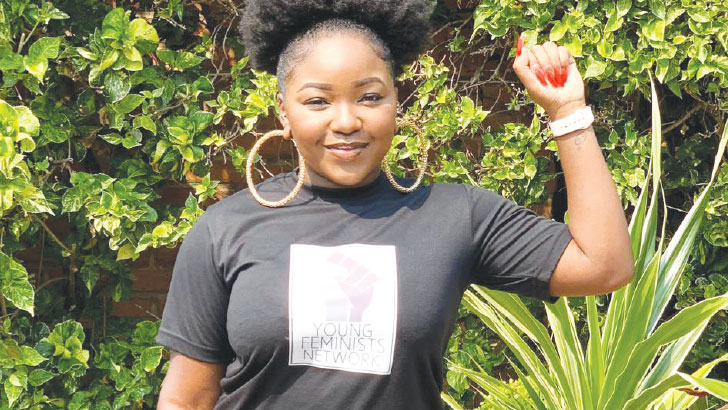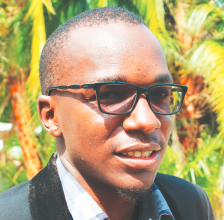‘Abortion law won’t influence behaviour’
The proposal to have a liberalised abortion law has met stiff resistance. While the proposed law only allows abortion in few instances; incest, rape, defilement and where the life of a pregnant mother is in danger, some opponents claim that the liberalised legislation would perpetuate immorality. Our staff writer SUZGO CHITETE engaged Young Feminist Network (YFN) president ULEMU KANYONGOLO to hear her thoughts on the proposed law and what the network stands for?

the glaring facts about abortion
Q1
First, what necessitated formation of the Young Feminist Network?
A1
The formation of YFN was necessitated by the lack of feminist spaces for young Malawians. Although there are many women’s rights and women’s empowerment networks, non-governmental organisations [NGOs], etc… There was none that I knew of at the time that explicitly referred to itself as feminist.
It was important for it to be explicitly feminist so that all members can have a common ideology. Furthermore, its formation was necessitated by the inadequate youth presence in the feminist movement in Malawi. We believe that there shouldn’t be an intergenerational gap in the movement and that’s it’s the responsibility of both younger and older feminists to bridge this gap in order to have a stronger movement.
Q2The feminist agenda sounds foreign and elitist. How are you ensuring that it is embraced by all—regardless of social status?
A2
The feminist agenda is not in itself elitist. It in fact advocates for inclusion and diversity. However, there has been a tendency amongst those of us in that space to leave some people behind such as women in rural areas, women with disabilities and women in the LGQBTQI [lesbian, gay, bisexual, transgender and queer or questioning] community etc. It’s a work in progress but we believe that inclusion is fundamental. Promotion of women’s rights must mean all women.
Q3
So what are you striving for?
A3
As YFN we strive not to be the voice of others, but to support them and amplify their voices. We therefore make inclusion one of our priorities when planning activities as opposed to an afterthought. We are currently working on a series of webinars and radio dialogues with diverse panels in order to reach a wider audience. We don’t want to confine it to the internet as some don’t have access to it. We also intend to expand the network into rural areas by one day establishing YFN chapters there.
Q4
What are the main issues of concern that you are working on to change as a network?
A4
YFN is working on deconstructing patriarchal norms and gender roles. Society has created stereotypical roles for men and women that contribute to GBV, toxic masculinity, women’s lack of economic freedom, and the general oppression of women. We are also working on examining the gendered effects of Covid-19, as well as sexual and reproductive health rights.
Q5
Talking about sexual reproductive rights—there is currently a debate on termination of pregnancy bill. Some say such a law is immoral and may influence immorality among women. Where do you stand in this discussion?
A5
Our view is that the abortion law will not change any behaviour except making sure that women have access to safe abortion and are better placed to live safe and healthy lives. Claiming that it’ll lead to promiscuity among young people is pro-life propaganda that’s been debunked by strong evidence.
Q6
Parliamentarians do not seem willing to discuss this matter—a motion on the same was blocked apparently due to its perceived cultural sensitivity. How do you react to this?
A6
It’s disheartening that parliamentarians are ignoring the glaring facts at hand. Girls and women are dying, yet they’re deliberately sweeping this under the rug. If they truly care about citizens’ right to health and life, they will extensively discuss the issue and the detrimental consequences of restricting access to safe abortion.






One Comment